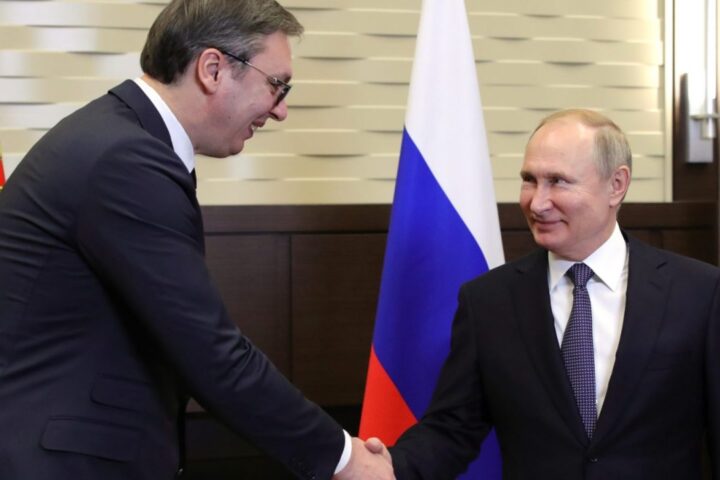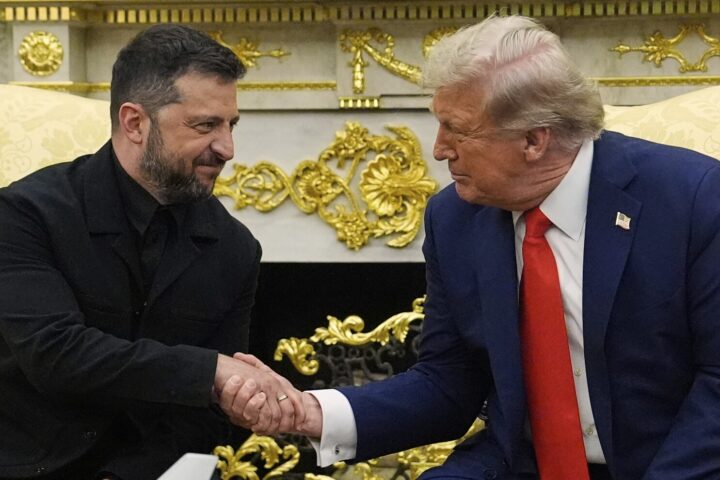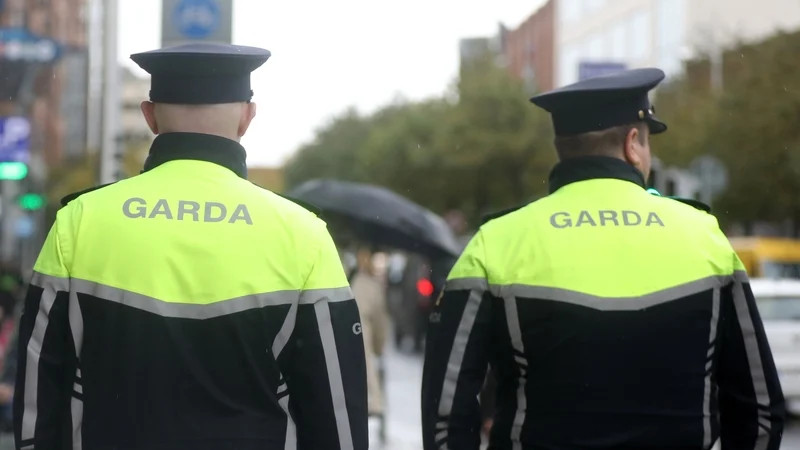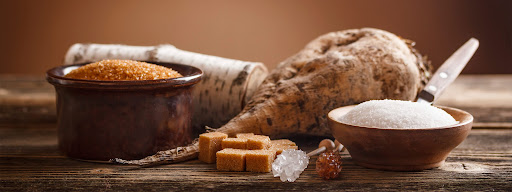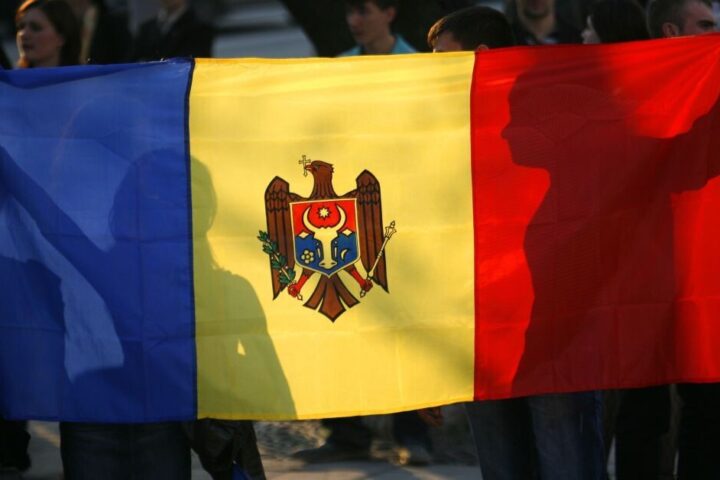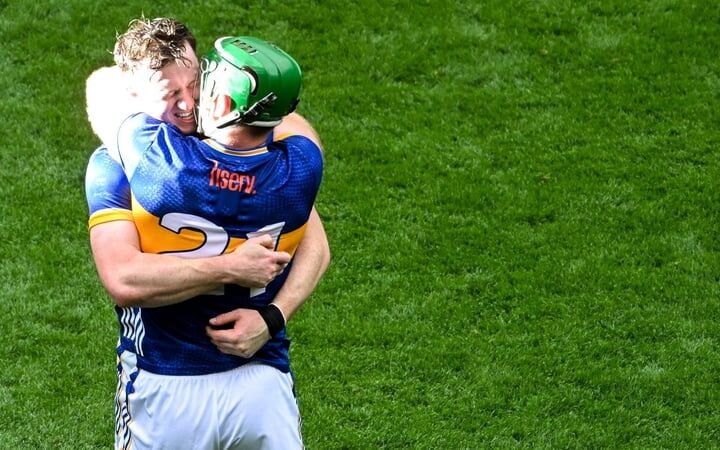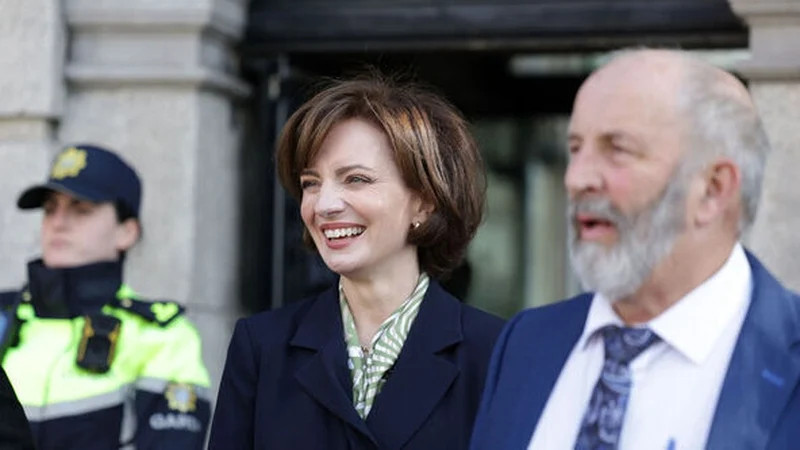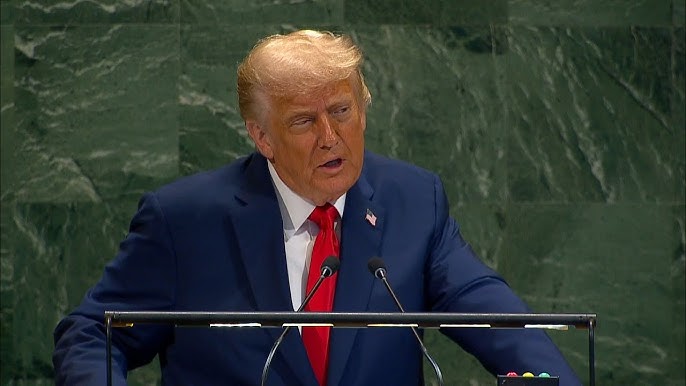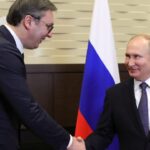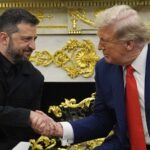UEFA president Aleksander Čeferin said he is “not a fan of suspensions” after Russian teams, including under-17 squads, were barred from international competitions following Moscow’s full-scale invasion of Ukraine. In an interview with Politico published on September 3, 2025, he described the situation as driven more by civil society than governments, adding that he personally opposes excluding athletes. “A child does not even vote. They do not support any politicians,” he said, voicing regret over sanctions against youth teams.
Pressure on sports bodies
Čeferin acknowledged that FIFA and UEFA faced heavy political pressure in 2022 to expel Russian clubs and national sides. While both governing bodies later considered readmitting youth teams, threats of boycotts from other federations blocked the move. Russian athletes in individual sports, including at the Olympics, are permitted to compete only under neutral status if they have not expressed support for the war or ties to the military.
Arguments for continued exclusion
Critics argue that allowing Russia back into international football would weaken sanctions and hand Moscow a propaganda victory. Russia has long used sport as a political tool, turning victories into proof of “national greatness” and broadcasting them through state media. For the Kremlin, even the return of youth teams would signal the end of isolation. Observers note that many athletes openly back the government, with high-profile figures such as hockey star Alexander Ovechkin expressing loyalty to the Kremlin.
Risks of normalisation
Analysts warn that readmitting Russian squads could provide a new platform for Moscow’s soft power, spreading narratives through fan movements, media and social networks. They argue that Western governments risk undermining the broader sanctions regime: if sport is declared separate from politics, pressure could also weaken in other areas such as business and energy. For UEFA and FIFA, however, the Russian market represents millions of viewers, lucrative broadcasting contracts and sponsorships, underscoring the financial stakes behind the debate.
Čeferin’s leadership
Čeferin has led UEFA since 2016 after serving as head of Slovenia’s football association. He maintains that football should unite rather than divide, a principle often repeated by FIFA officials. But with Russia’s war against Ukraine ongoing, the decision over whether to maintain or relax the ban on Russian teams remains fraught with political, ethical and financial consequences.

